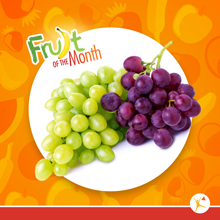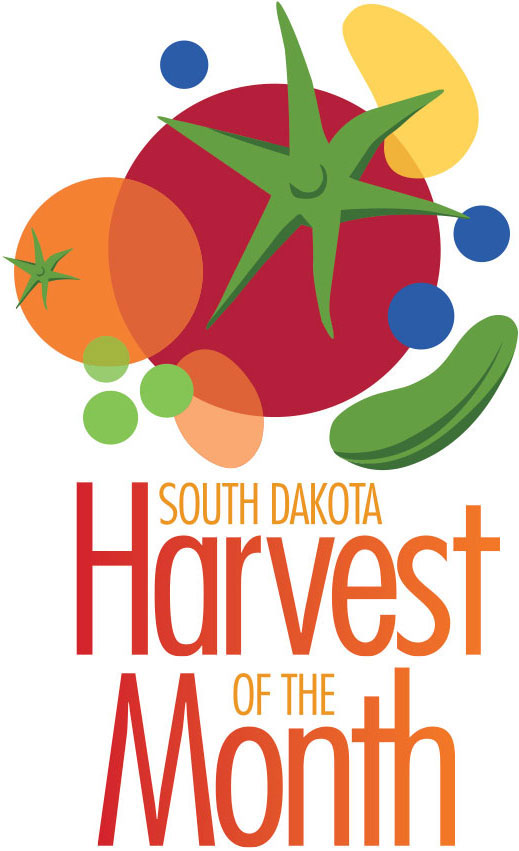The news is out—grapes are good for you!
Grapes are one of the oldest cultivated plants, and have been used for food and wine for centuries. Scientists have found grape vine fossils in the Mediterranean and Asia that are over 60 million years old.
Recent studies have shown this “prehistoric” fruit is more than just a sweet snack. Eating grapes may help keep your heart healthy.
Grapes and Heart Health
Grapes in all colors—green, red, and black—contain a high level of polyphenols. This chemical occurs naturally in fruit and is a type of antioxidant that packs some big benefits.
Polyphenols help relax blood vessels which improves blood pressure and flow. They also help reduce oxidative stress which happens when you consume a meal high in carbs, fats, and protein with no antioxidants. Too much stress can damage the body’s tissues and cells.
Additionally, grapes do not contain saturated fat or cholesterol—two components in food that may increase the risk of heart disease.
The nutrient content for a 1 cup serving of grapes is:
- 100 calories
- 0 grams of fat
- 27 grams of carbohydrate
- 288 mg potassium
- 4 mg of vitamin C
- 22 mcg of vitamin K
- 1/3 cup of water
Buying and storing tips:
- Unlike some seasonal fruit, grapes are available year round.
- Select grapes that are tight to touch and free of wrinkles.
- If they contain a powdery white coating—that is bloom and it’s good. It protects the grapes from moisture loss and decay.
- They are best stored in the refrigerator and should be washed before eaten.
- The best way to eat grapes is as a fresh fruit. Most jellies, spreads, and juices made from grapes have added sugars and can be high in calories.
Ways to incorporate more grapes into your diet:
- Add grapes to chicken or tuna salad.
- Make your own fruit cocktail with fresh grapes, peaches, pineapple, and cherries or strawberries.
- Freeze grapes and eat as a snack—just like a mini sorbet!
- Try dipping grapes in white or dark chocolate (instead of strawberries) for a sweet treat.
- Have a cup of fresh grapes for a quick, 100 calorie snack.
Sources: USDA, Grapes from California, Medical News Today
Can’t get enough fruits and veggies? Be sure to check out Harvest of the Month, a downloadable educational program designed to make learning about fruits and veggies easy, tasty, and fun!


